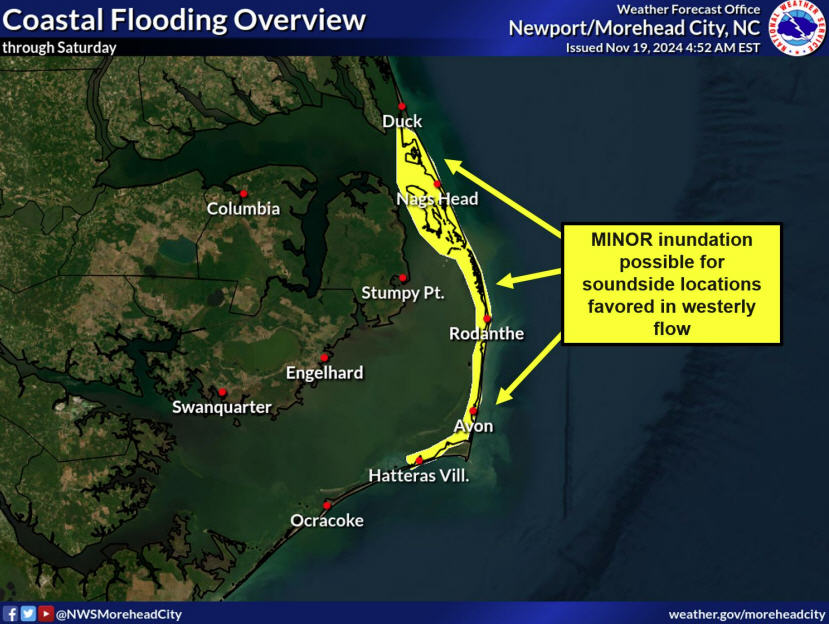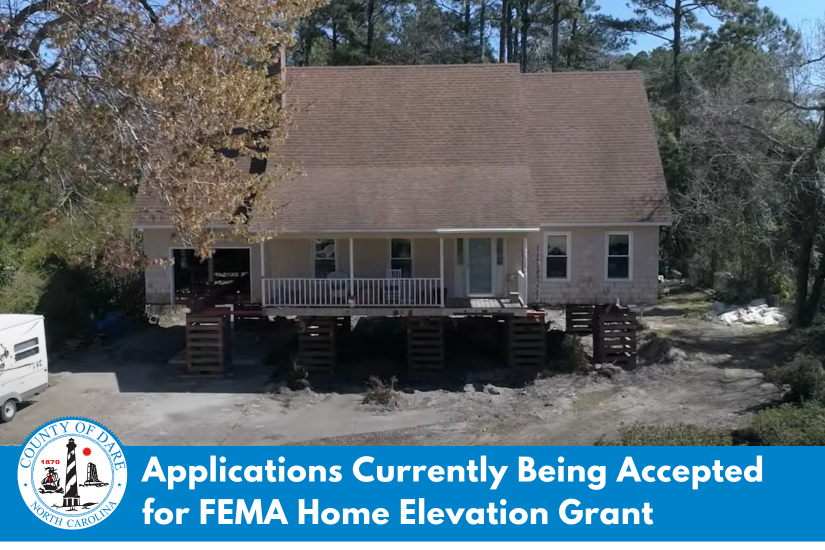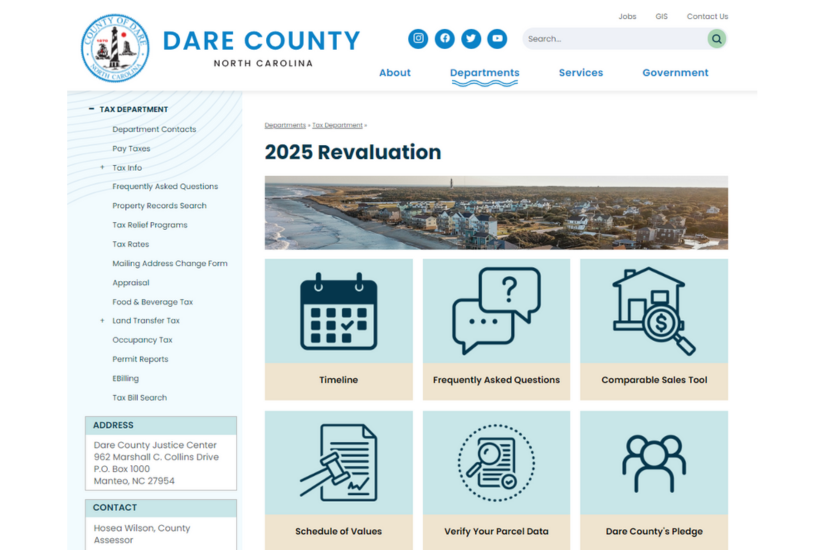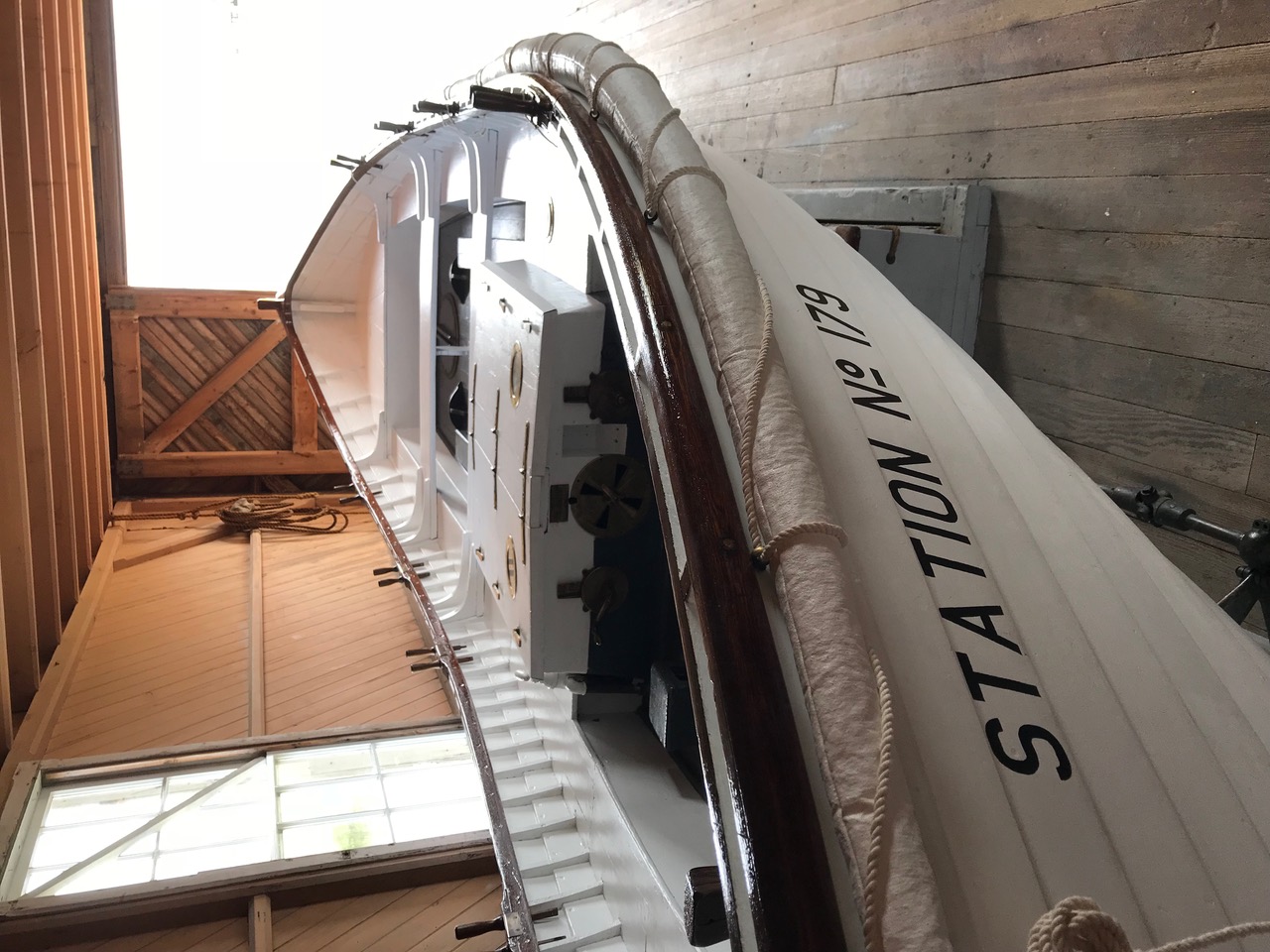Governor Roy Cooper announced today that applications are now being accepted for the N.C. Housing Opportunities and Prevention of Evictions (HOPE) Program, which will assist eligible low- and- moderate-income renters experiencing financial hardship due to COVID-19. The new program seeks to promote housing stability during the ongoing pandemic by providing rent and utility assistance to prevent evictions and utility disconnections.
“The spread of coronavirus has affected every aspect of our lives. Many have lost jobs, had work hours cut back or had to care for someone who has become ill with COVID-19,” said Governor Roy Cooper. “By creating this program to help with rent and utility bills, we can keep people in their homes where they will be safest during this pandemic.”
The HOPE Program will provide $117 million for rent and utility assistance for renters who have been affected by the coronavirus pandemic, have a current household income that is 80 percent of the area median income or lower, and are behind on their rent or utilities when they apply.
Renters who need rent or utility assistance can apply online at nc211.org/hope. Applicants who cannot access the online application can also call 2-1-1 and speak with a program representative, who will assist the caller through the application on the phone. Callers can reach 2-1-1 Monday-Friday between 7 am and 6 pm.
The HOPE Program is funded by U.S. Department of Housing and Urban Development Community Development Block Grant−Coronavirus funds and U.S. Department of Treasury Coronavirus Relief funds, which have been provided to North Carolina. The funds are administered by the North Carolina Office of Recovery and Resiliency, a division of the Department of Public Safety, and will be distributed through community partner agencies across the state.
Renters can apply for utility assistance, rent assistance or both programs. Rent assistance is paid to the landlord on behalf of the applicant. This includes overdue and future rent payments, for up to six months. At least one month’s rent must be overdue at the time of application.
Utility payments will be made directly to the utility provider for up to six months of past due essential utilities, such as electricity, water, sewer/wastewater, natural gas and propane. For more information about the HOPE Program, visit nc211.org/hope.
Update on COVID-19 Key Metrics
DHHS Secretary Mandy Cohen also provided an update on North Carolina’s current COVID-19 key metrics and cautioned that people should continue to be vigilant and practice the 3 W’s to prevent the spread of the virus as the weather gets cooler this fall.
“We have the tools to slow the spread and protect one another. The science is clear on masks. They work. They slow the spread. Whatever your reason, I am asking you to get behind the mask,” said NCDHHS Secretary Mandy Cohen, M.D.
Dr. Cohen reviewed the state’s key metrics:
Trajectory in COVID-Like Illness (CLI) Surveillance Over 14 Days
- North Carolina’s syndromic surveillance trend for COVID-like illness is increasing
Trajectory of Confirmed Cases Over 14 Days
- North Carolina’s trajectory of cases is increasing.
Trajectory in Percent of Tests Returning Positive Over 14 Days
- North Carolina’s trajectory in percent of tests returning positive is increasing, but is lower than it was in July when we last had our highest rate of new cases.
Trajectory in Hospitalizations Over 14 Days
- North Carolina’s trajectory of hospitalizations is increasing, but we still have capacity.
In addition to these metrics, the state continues building capacity to adequately respond to an increase in virus spread in testing, tracing and prevention. Testing capacity continues to increase with upwards of 40,000 tests reported on peak days. We continue to hire contact tracers, and there have been more than 150,000 downloads of the NCDHHS exposure notification app, SlowCOVIDNC. North Carolina’s personal protective equipment (PPE) supplies are stable.
Read the slides from today’s briefing.















